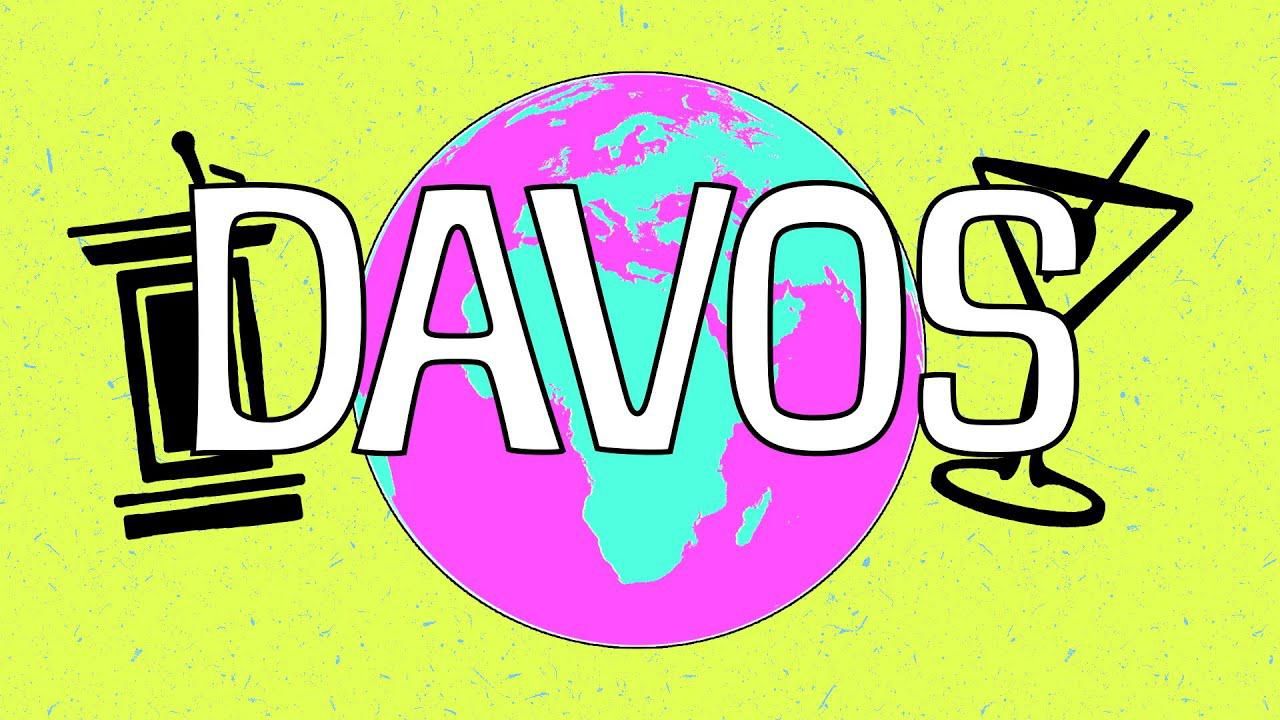
The tiny alpine village of Davos in Switzerland used to be the place to be for some of the world's most powerful people to talk about very important stuff at the annual World Economic Forum.
Indeed, the name “Davos” had become code for a globalist agenda that promotes things like liberal democracy and encourages cooperation on big issues such as climate change to fix the world's problems.
For a long time, it worked. People became more connected, and poverty declined. But not anymore, Ian Bremmer explains on GZERO World.
When titans of industry and government gathered last week in Davos, faith in the WEF's global agenda had taken a hit due to the economic wreckage of the pandemic and more recently Russia invading Ukraine.
Only three months in, the war has already left a wake of destruction that'll take many billions of dollars and years to rebuild.
And its ripple effects are hurting everyone via skyrocketing energy prices and food inflation that'll cause hunger in many parts of the world.
Still, there were some reasons for optimism, like support for Ukraine or a more unified West. But there are many pitfalls along the way.